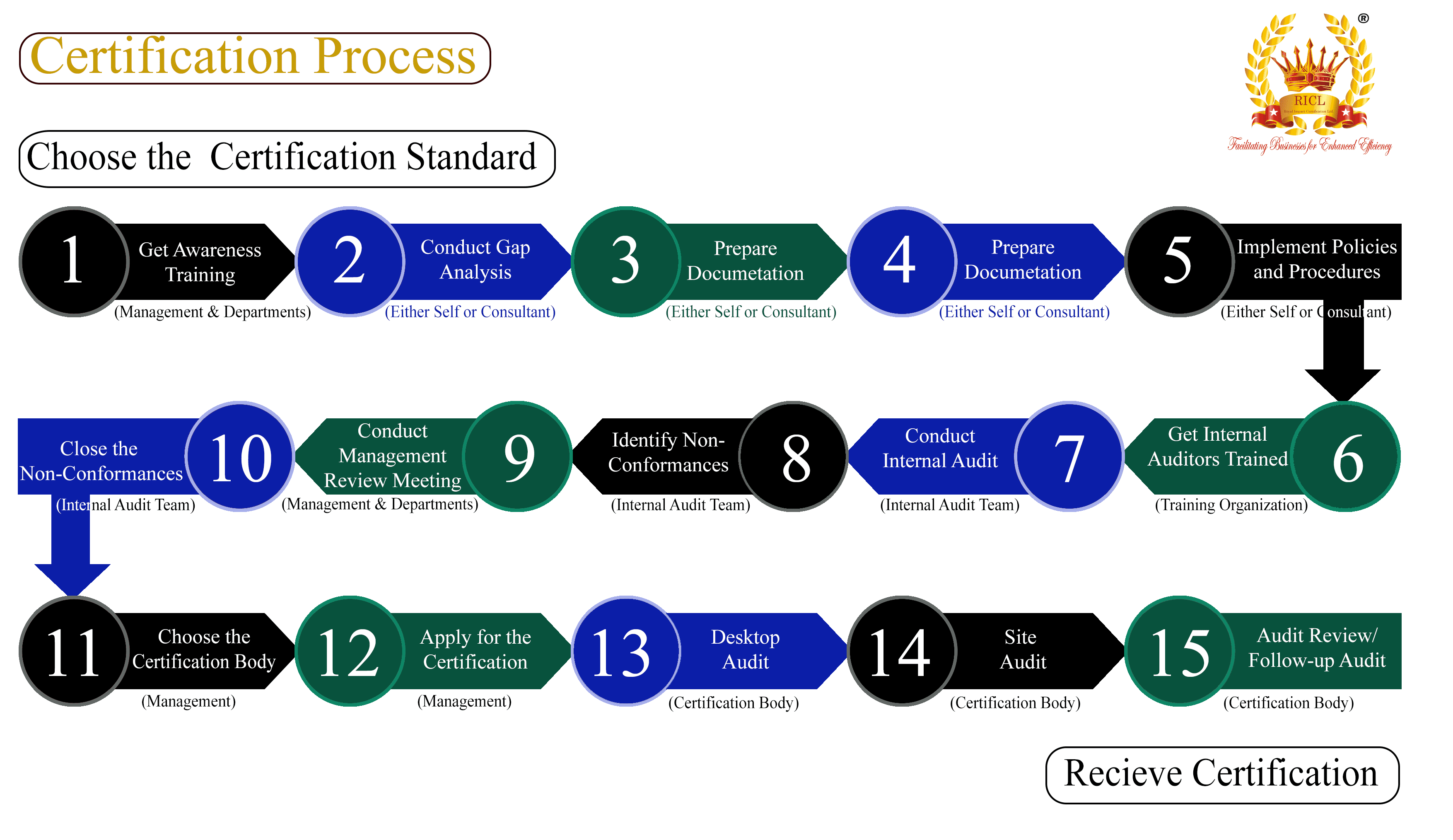
BIFMA
BIFMA, or the Business and Institutional Furniture Manufacturers Association, is a non-profit organization that develops standards for the commercial furniture industry. Established in 1973, BIFMA sets the benchmark for safety, sustainability, and durability standards in the production of office and other institutional furniture.
BIFMA, or the Business and Institutional Furniture Manufacturers Association, is a non-profit organization that develops standards for the commercial furniture industry. Established in 1973, BIFMA sets the benchmark for safety, sustainability, and durability standards in the production of office and other institutional furniture. These standards are widely recognized and used by furniture manufacturers, designers, buyers, and facility managers globally to ensure furniture safety and quality.
Purpose of BIFMA
The main goal of BIFMA is to promote the production of high-quality, durable furniture through the development of standardized testing methods and requirements. The standards set by BIFMA help ensure that the furniture products are safe, functional, and capable of withstanding prolonged use without failure.
Key Standards and Programs of BIFMA
BIFMA X5.1 (Office Seating): Specifies tests, materials, and dimensions intended to assess the durability and structural adequacy of office seating.
BIFMA X5.5 (Desk Products): Addresses the performance of desk, table, and other work surface products, focusing on their ability to endure the stresses and strains of daily office use.
BIFMA X5.11 (Large Occupant Office Seating): Designed for office seating that accommodates larger individuals, specifying higher durability standards.
BIFMA e3 (Sustainability Standard): Facilitates the sustainable development of office furniture by establishing criteria for environmental performance and corporate social responsibility practices. It forms the basis for the LEVEL certification program which certifies furniture based on its environmental and social impacts.
Importance of BIFMA in the Furniture Industry
Quality Assurance: BIFMA’s standards help manufacturers maintain high levels of quality in their furniture products. Compliance with these standards assures buyers that the furniture has been tested and meets specific criteria for performance and safety.
Consumer Confidence: Furniture that meets BIFMA standards is generally recognized as well-made and durable. This builds consumer confidence and trust in furniture brands and products.
Regulatory Compliance: In some instances, compliance with BIFMA standards can help companies meet regulatory requirements, particularly those related to safety and environmental sustainability.
Market Differentiation: Companies that produce furniture certified to meet BIFMA standards can differentiate their products in the market as being superior in terms of safety, durability, and sustainability.
Sustainability Promotion: Through the e3 standard and LEVEL certification, BIFMA promotes environmental consciousness within the furniture industry, encouraging manufacturers to adopt greener practices and contribute to a sustainable future.
BIFMA plays a crucial role in the institutional and office furniture industry by setting standards that ensure product safety, sustainability, and durability. For companies in the furniture industry, adhering to BIFMA standards not only helps to maintain quality and durability but also enhances corporate reputation and customer satisfaction. By doing so, BIFMA significantly contributes to the overall betterment of the furniture industry and its impact on users and the environment.

Here are The industries that are affected by BIFMA regulations:
- Automotive manufacturing
- Aerospace industry
- Chemical production
- Electronics manufacturing
- Pharmaceutical industry
- Textile and apparel manufacturing
- Food and beverage production
- Packaging industry
- Printing and publishing
- Construction and building materials
- Oil and gas extraction
- Mining and mineral processing
- Metal fabrication and machining
- Plastics and rubber products
- Renewable energy sector
- Waste management and recycling
- Water treatment and sanitation
- Agriculture and agribusiness
- Forestry and logging
- Pulp and paper industry
- Steel and metal production
- Cement and concrete manufacturing
- Shipbuilding and maritime industry
- Power generation and utilities
- Telecommunications industry
- Transportation and logistics
- Healthcare and medical services
- Education and research institutions
- Hospitality and tourism
- Retail and consumer goods
- Financial services
- Information technology (IT) sector
- Consulting and professional services
- Real estate and property management
- Chemical distribution and trading
- Automotive aftermarket services
- Environmental consulting firms
- Renewable energy developers
- Industrial cleaning and maintenance
- Laboratory and testing services
- Environmental advocacy organizations
- Government and public sector agencies
- Non-profit organizations
- Event management and entertainment
- Sports and recreation facilities
- Textile recycling and upcycling
- Food service and catering
- Green building and architecture
- Eco-tourism and outdoor activities
- Waste-to-energy projects
[sp_easyaccordion id=”10771″]
[formsapp id=”662f63f6c4dd546c9916c3db”]
